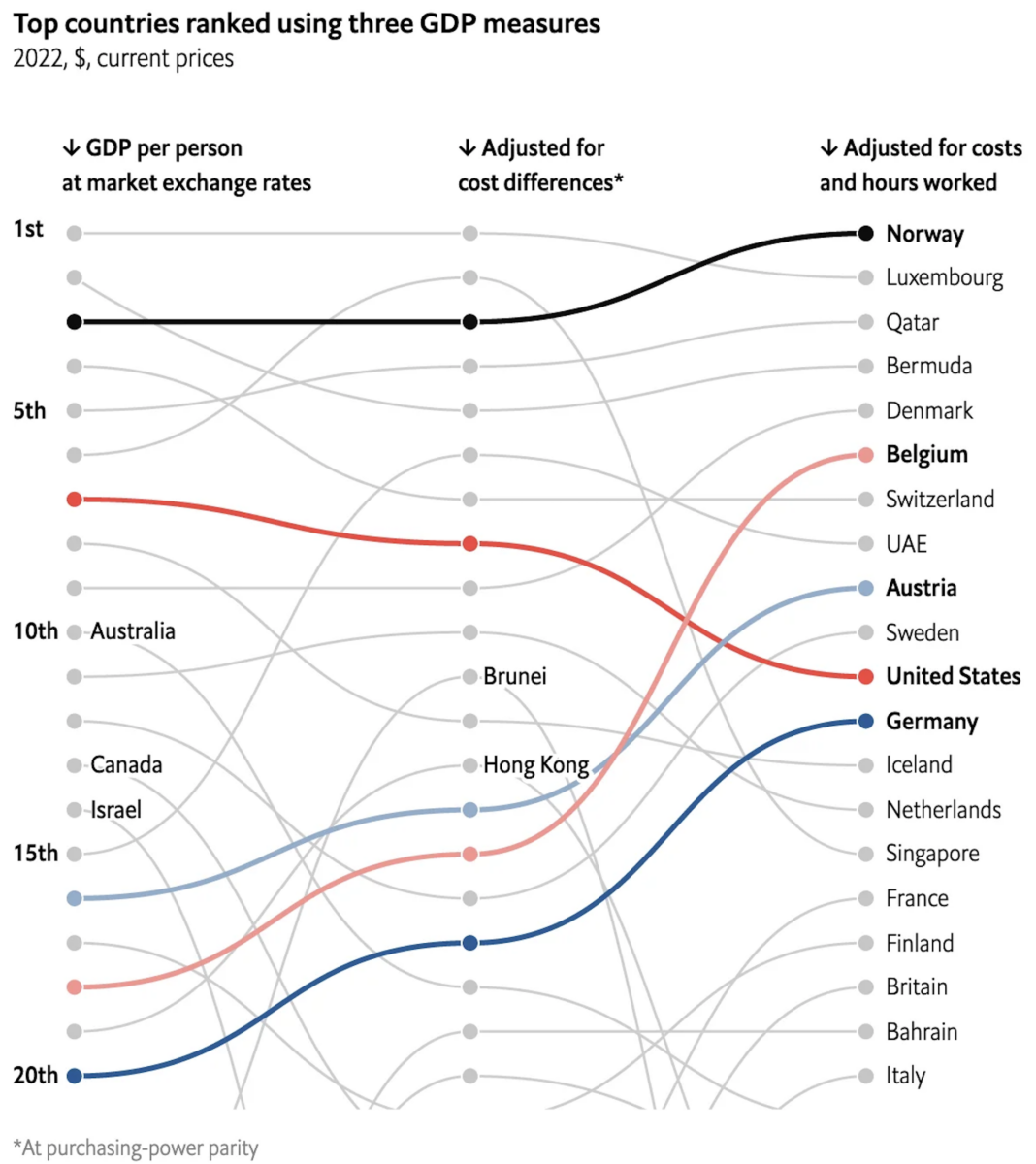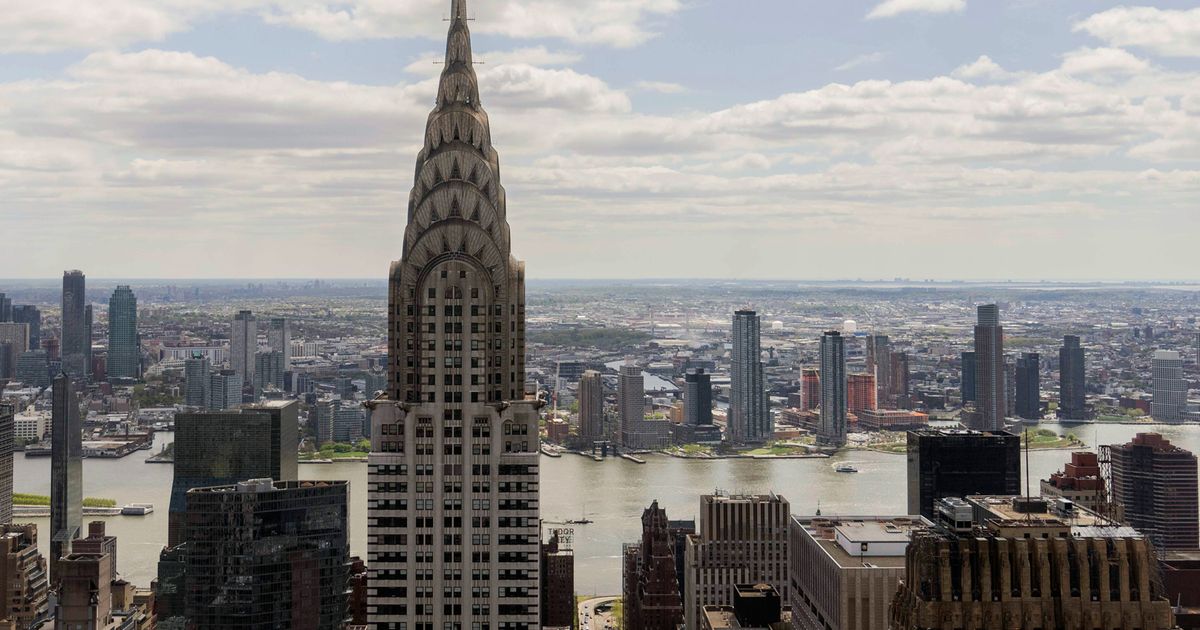Russ Roberts: Now, you’ve been living here for 25 years. You moved here in 1998 from Los Angeles, and you published a remarkable book, a very powerful book, titled If A Place Can Make You Cry: Dispatches from an Anxious State. I strongly recommend it.
You moved your family from Los Angeles to what shortly after you arrived here became a war zone, the middle of what is often called the Second Intifada. So, you’ve seen a lot of chapters of this conflict, you’ve written about them, you’ve lived through them, and I want to talk about how this one is different, if at all, and to do that, I want to start with the Intifada. What was that about and how did you experience it?
Daniel Gordis: Well, as you said, we got here in 1998. We came with three kids. They were 12, 9, and 5 at the time. We got here in 1998. 1999, it’s hard to believe, but this guy named Ehud Barak won an election and beat a guy named Bibi Netanyahu, who was kind of amazing; and everybody assumed Barak made three promises. He was going to get Du Bois out of Lebanon, as he put it, he was going to make peace with Syria, and he was going to make peace with the Palestinians.
The peace with Syria went nowhere. The Syrians had no interest in negotiating back then. He did actually pull people out of Lebanon. He got the army out of Lebanon after about 18 years. It’s actually very telling that the young men who actually were the last ones to come out of Lebanon in the north and locked the gate–they literally got off their APCs [Armoured personnel carriers] and they closed the gate and they put a chain on it and they put a lock–they were actually born the year that Israel went into Lebanon in 1982. And that seemed unbelievably positive.
What we didn’t understand then was that every Israeli pullback, whether it’s from Gaza in 2005, whether it’s from Lebanon in 2000, wherever, it’s always interpreted as weakness. And we didn’t know this then, but that was going to be interpreted as weakness.
So, he pulls out in the summer of 2005 [2000–Econlib Ed.], and by the fall of 2005–sorry, 2000–and by the fall of 2000, Israel is involved in what at first seems to be a kind of series of terrorist events. Just like this year, by the way, Russ, it starts on a Jewish holiday. The Yom Kippur War starts on Yom Kippur–obviously–in 1973.
The Intifada, which is an Arabic word which means popular uprising or spontaneous uprising–which is, by the way, why it’s a complete misnomer. There was nothing spontaneous or popular about the Intifada. It was very clearly choreographed by Yasser Arafat and the Palestinian Authority. When Israeli troops went into Jenin and other places–Ramallah eventually–they were able to uncover troves of documents that proved beyond the shadow of a doubt that those was orchestrated to look a bit like a popular spontaneous uprising in response to some Israeli provocation or another. It was nothing of the sort. It was a very clearly planned attempt to basically end Oslo or to create a new reality in the Middle East. Now, at the risk–
Russ Roberts: Back up for a second and explain. For listeners who don’t know what Oslo is, go back a few more years.
Daniel Gordis: So, Oslo is in the 1980s, and it’s an agreement. It starts in the 1980s, goes into the 1990s. It is an agreement in which Israel, theoretically, reaches an agreement which creates the Palestinian Authority. Until that point, there was only the PLO–the Palestinian Liberation Organization. And as a result of a whole series of negotiations which are very complicated–which we won’t go into right now: they started in Madrid and they go on to Oslo–Israel, at first through intermediaries and then directly, negotiates with the PLO and agrees to a series of steps that would eventually lead to a Palestinian state.
The area called the West Bank–many Israelis call it Judea and Samaria, its Biblical name, but the Western World calls it the West Bank–is divided into three areas: A, B, and C. Area A is an area that’s going to be controlled by the Arabs, by the Palestinians. They would be responsible for the day-to-day life, taxes, traffic, the whole shebang. C, on the other extent, would be those areas likely to stay in Israeli possession and, therefore, they would remain essentially under Israeli controlled. And B was sort of a mix. They were areas that would be negotiated down the road.
And the thought was that Oslo would lead over the course of time to Israel pulling out of all sorts of areas–Jericho and Hebron and so on and so forth–and it would eventually lead to the creation of a Palestinian state.
Now, one of the things that I think our listeners ought to understand–because we’re going to come back to the current conflict later on in our conversation–is to understand the Israeli mindset then and the Israeli mindset now. Because, in the late 1980s/early 1990s as this whole thing is unfolding, remember, Yitzhak Rabin, the Prime Minister who oversaw this whole thing, is assassinated in 1995; and that really is the end of the Oslo Accords.
It’s not really because of his assassination, by the way. He’s on record in a book by Bogie Ya’alon [Moshe “Bogie” Ya’alon], who was also at Shalem College–or Shalem Center–back then. Bogie writes in his book, A Long Short Road [also translated as A Longer Shorter Path–Econlib Ed.] that he had an indication that Rabin was actually already preparing before he was killed to pull out of Oslo because he thought it was such a disaster and he himself had made a mistake, because the Palestinian terror, in response to this idea of peace with Israel, had gotten so out of control that Rabin–according to some–believed that he’d made a mistake.
But anyway, to come back to our story: The only reason I mention all of that now is because there’s a lot of going on in Israel in which the Right Wing–which objected to pulling out of Gaza in 2005–saying, ‘I told you so. We told you 18 years ago this was going to be a disaster.’
And by the way, Russ, if you go back to old videos which were taken in 2005, in the summer of 2005 when the Israeli army went into the Jewish towns and settlements–whatever you want to call them–in Gaza, and literally pulled people out of their houses and then bulldozed them a few days later, you see people unwilling to walk but also unwilling to use violence against the soldiers. They just sort of lay there limp, and the soldiers–with tears in their eyes–carry these people out, and the people are screaming at the cameras, ‘You don’t understand what you’re doing. There are going to be rockets on Sderot, and there are going to be RPGs [rocket-propelled grenades–anti-armor weapons such as the shoulder-fired Soviet RPG-7] coming on this kibbutz and that kibbutz, and one day they’re actually going to come in here and they’re going to kidnap people.’
It’s unbelievable to go back and look at those old videos, which I’ve unfortunately had occasion to do in the last eight weeks or so, to watch these people–who were totally right. There’s a lot of ‘I told you so’ going on in the Right Wing in Israel, and there was a lot of ‘I told you so’ going on in 2000 with the Second Intifada about Oslo. They said, ‘Every time we give back territory, it’s perceived as weakness and it results in Palestinian aggression.’
It’s very hard to argue with that claim, even though those of us who still hold out–or held out, I think is more appropriate–some hope for peace thought, ‘Well, we should probably take this chance or that chance. Maybe it’ll be different this time.’
So, we’re here in 1998, come with three kids. This one breaks out on Rosh Hashanah, first day of the Jewish year. Rosh Hashanah, there is actually a very strange incident at Joseph’s tomb way up in the Galilee; and some Palestinians come and shoot some Israeli soldiers. One Israeli soldier actually bleeds to death because they’re unable to get him out, which seemed ridiculous at the time. Again, military unpreparedness just like we’ve seen unfortunately in the last two months here.
That, of course, quickly escalates into what is a full-fledged terror war, and Israelis tend not to call it so much the Second Intifada. They call it the War of Palestinian Terror, between 2000 and 2004.
Now, what was it and what was it not? It was a terrible time in Israel. You know where we live because you’ve been to our home a bunch of times. We live not far from the main drag in Jerusalem called Emek Refaim. On Emek Refaim, there were a number of terrorist attacks. There was a very famous, horrible one, at a place called Cafe Hillel–which is no longer in existence–but, our house shook. I mean, our house literally shook; and our kids were in bed clutching their stuffed animals and wondering what was going on. You heard all the sirens.
So, our daughter started high school that year. She was in ninth grade, and she picked her high school because it was known to be a very open place where the girls could come and go however they wanted. They were really treated like young adults. And she got exactly the opposite of that. They had to come in in the morning and it was locked down until they left at the end of the day because the school couldn’t be responsible. Our boys were in school at a wonderful school in the Old City of Jerusalem where they did training for what to do if terrorists came into the school and how to stay below the level of the windows. This is a kid in fourth grade. It’s just ridiculous.
So, it was a very scary time. It was a very sad time. Lots of buses blew up because of suicide bombers. It was really a war of suicide bombings in buses, and restaurants, and so on and so forth.
But here’s what we need to understand: It was not an existential war on Israel’s part. Nobody ever said: ‘You blow up enough buses and you destroy enough cafes, you can bring down a country.’ You can make a country miserable. You can make a country angry. You can create a generation of young children who are going to have PTSD [Post-traumatic stress disorder] and vote very differently. By the way, the people who came of age back then are the Right Wing of Israel now, and that’s not incidental. But we never thought for a moment that Israel’s existence was on the line. Israel’s happiness was on the line. Israel’s day-to-day life was on the line. It was a terrible, terrible time. But it was not existential. And when we come back to what’s going on now, we’ll explain what’s going on now actually is existential.















